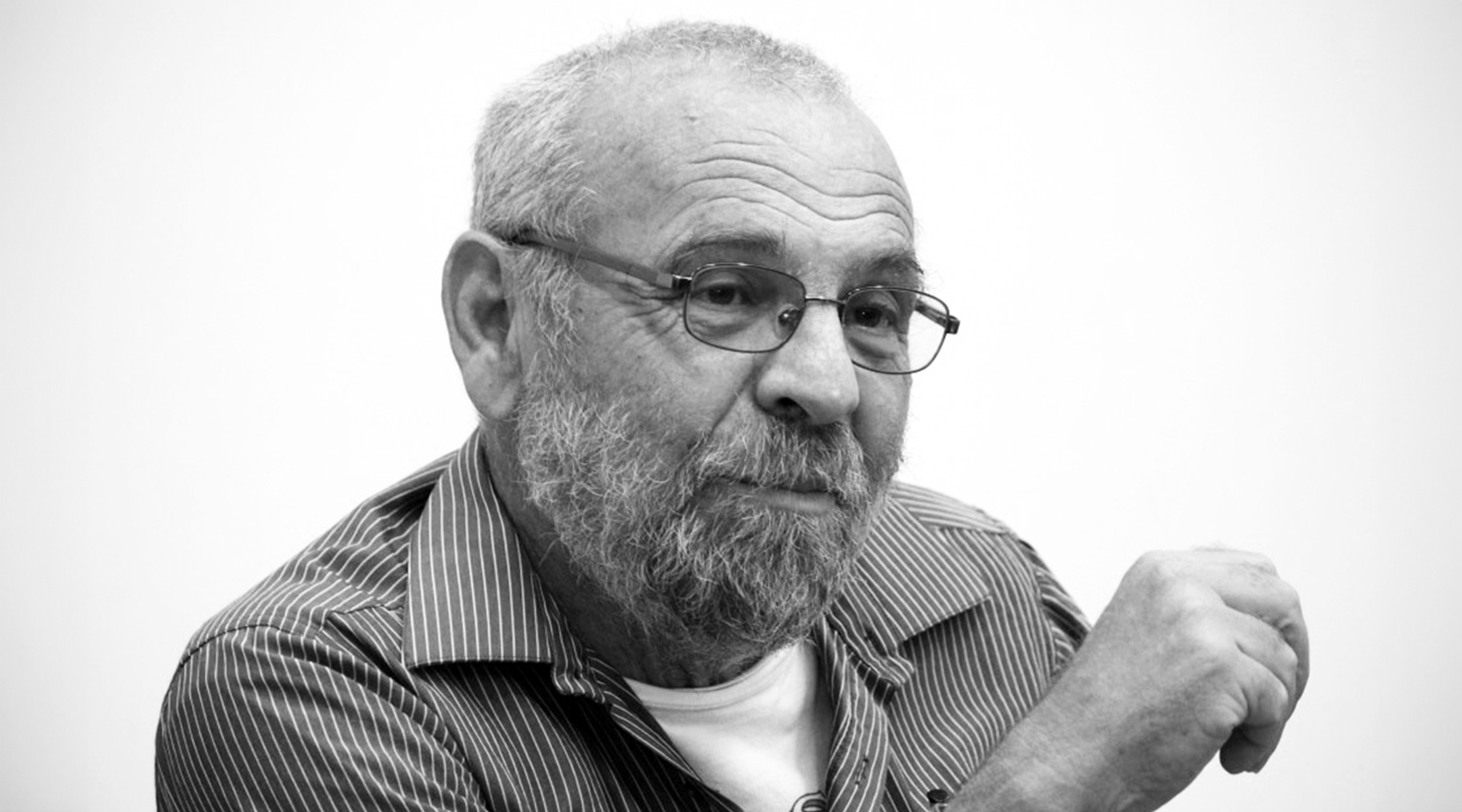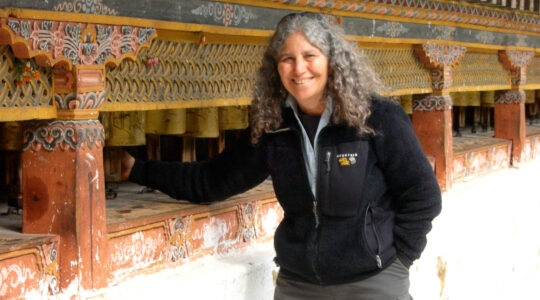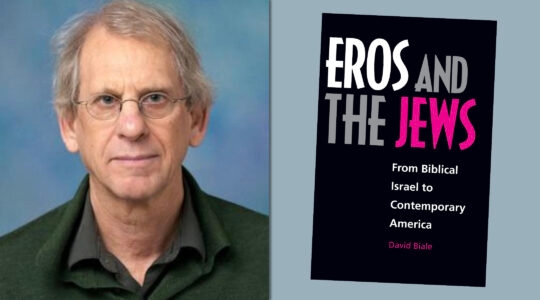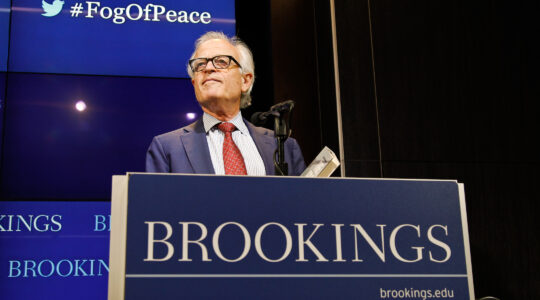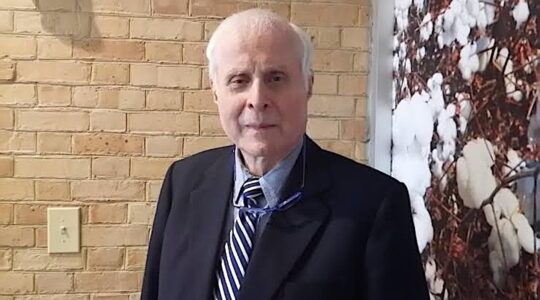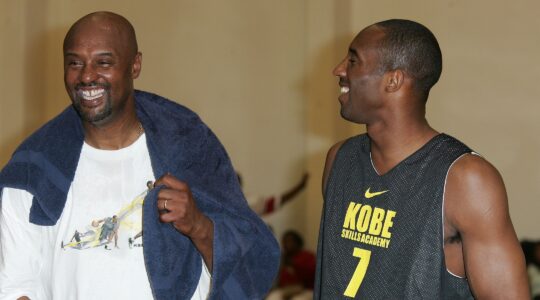This article is also available as a weekly newsletter, “Life Stories,” where we remember those who made an outsize impact in the Jewish world — or just left their community a better or more interesting place. Subscribe here to get “Life Stories” in your inbox every Tuesday.
Born in 1948 in Warsaw, Alex Dancyg immigrated to Israel in 1957 with his Holocaust survivor parents and later made his home in Kibbutz Nir Oz in Israel’s south. As an educator at Yad Vashem, Israel’s Holocaust memorial and museum, he created and led training courses for Israeli youth trips to Poland and for Polish Holocaust educators and clergy.
“His vast library at his home in Kibbutz Nir Oz reflected his deep connection between his cherished Israeli and Jewish identity and his Polish birthplace,” Yad Vashem Chairman Dani Dayan said in a statement. “Alex successfully integrated these perspectives into his teaching of the events of World War II in general, and of the Holocaust in particular.”
Dancyg was abducted by Hamas terrorists from his home on Oct. 7, 2023. According to Nili Margalit, a nurse who was also held captive in Gaza, Dancyg helped other captives pass the time by teaching and telling stories. The Israel Defense Forces on Monday confirmed his death in captivity and are investigating the circumstances, including the possibility he was killed by Israeli fire.
Dancyg was 75, and is survived by a sister, four children and numerous grandchildren.
Salomon Schulman, 76, a Swedish Yiddish poet and physician
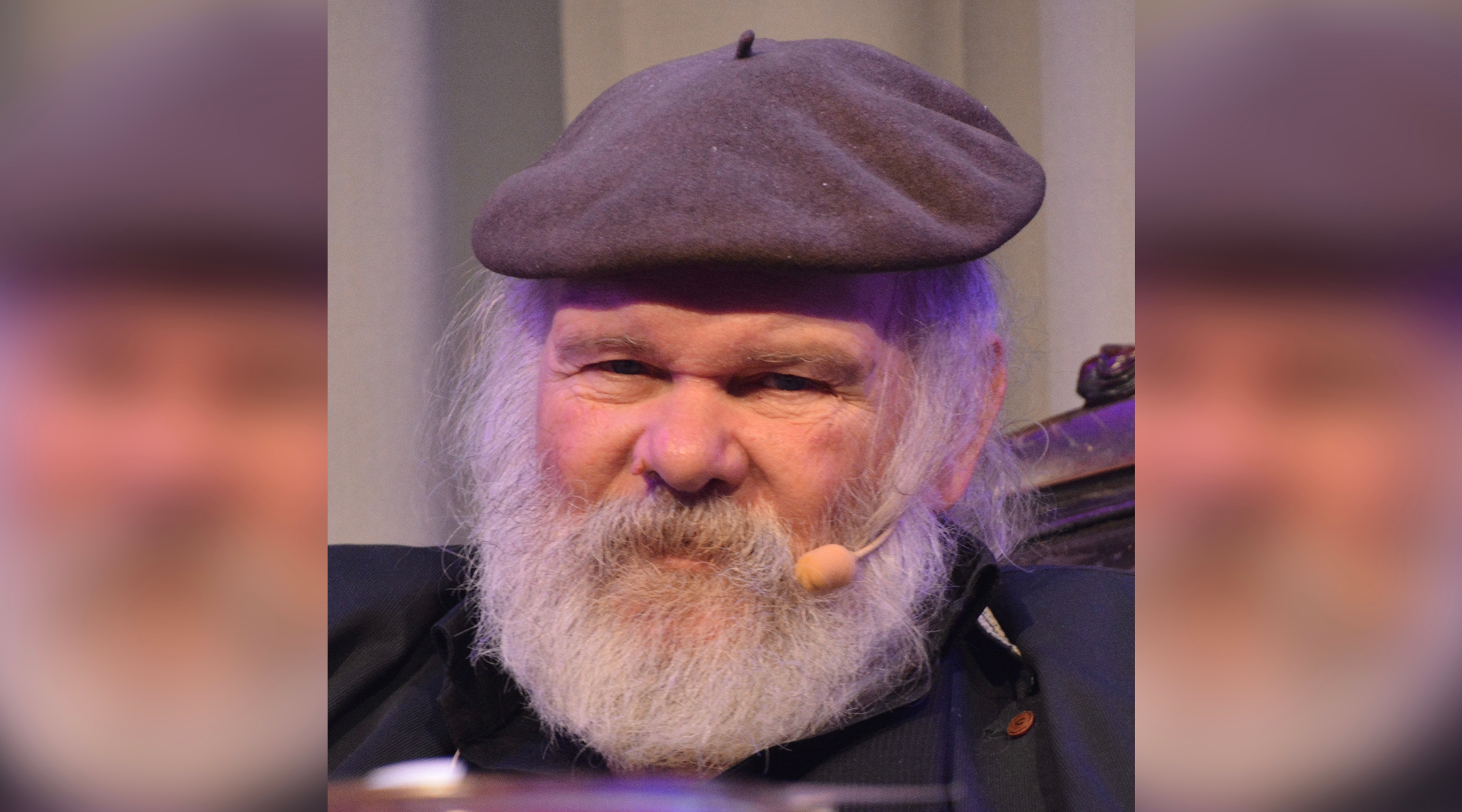
Salomon Schulman at the Göteborg Book Fair in Sweden, 2019. (Bengt Oberger/Wikipedia)
In addition to being a leading Yiddish poet, Sweden’s Salomon Schulman was a pediatrician and child psychiatrist. He once recalled meeting the famed Yiddish poet and partisan Abraham Sutzkever who, learning that Schulman was a physician, started to complain about his various health problems. Schulman’s advice was literally lost in translation: The two spoke distinct Yiddish dialects, and could hardly understand each other.
Born in a Yiddish-speaking home in Malmo, Sweden, Schulman wrote “Yiddishland: Among Rabbis and Revolutionaries” (2010) and “Dear Moyshe! Dear Shloyme! Letters in the Shadow of Death” (2019), an exchange of letters with Mose Apelblat. Schulman also worked as a translator of literature and song lyrics from Yiddish; his work was adapted by jazz musician and composer George Reidel for a project, also called “Yiddishland,” performed in Stockholm in 2023.
Schulman died July 15 in Lund, Sweden. He was 76.
Abe Krash, 97, rabbi’s son and legal architect of a landmark civil liberties case
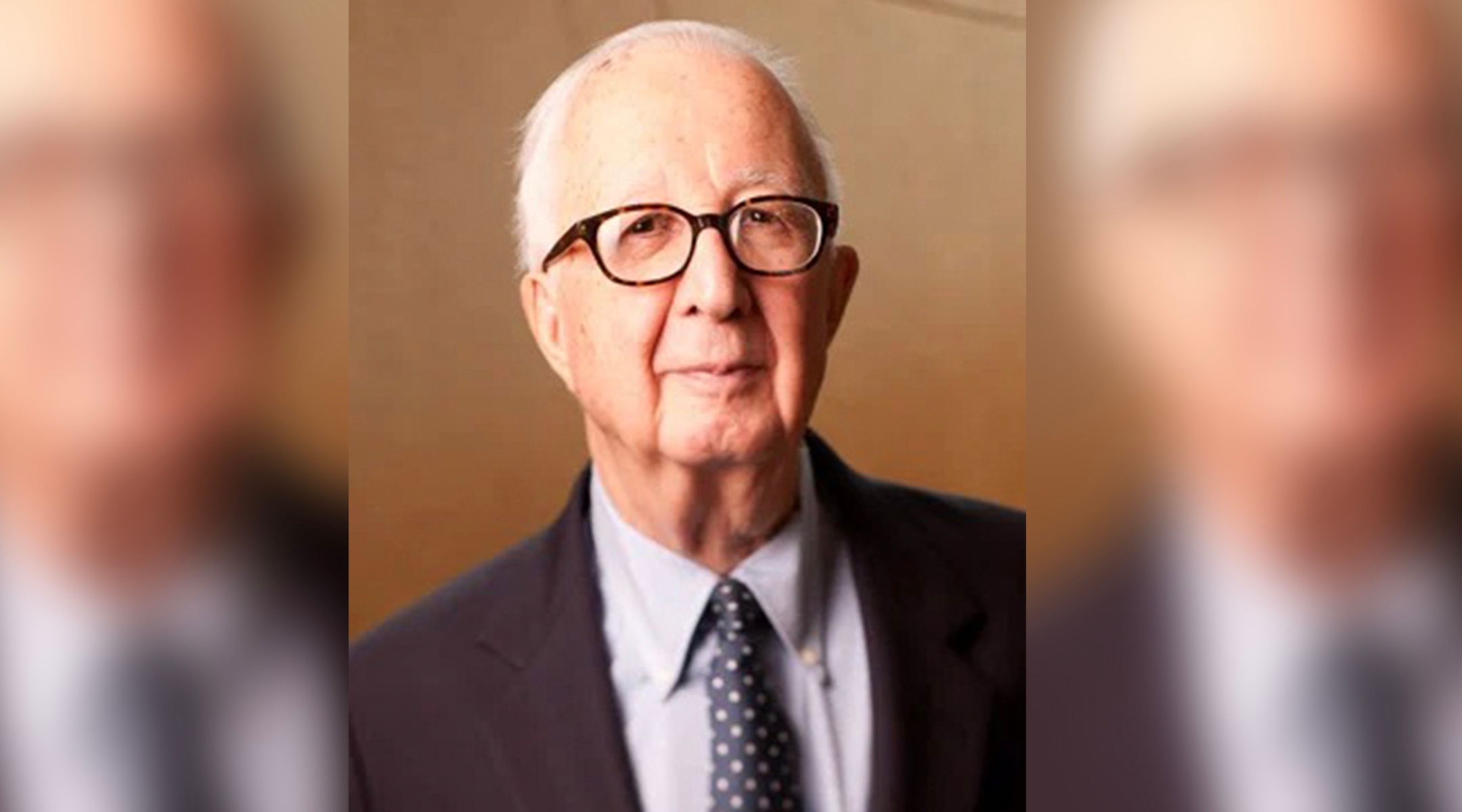
Abe Krash, a rabbi’s son, played a critical role in one of the most significant civil liberties cases of the 20th century, (Law.com)
In 1962, the future Supreme Court justice Abe Fortas called Abe Krash into his office at the firm Arnold, Fortas & Porter and assigned the associate partner to research what would become a landmark case: Gideon v. Wainwright, which in 1963 guaranteed a defendant’s right to counsel in criminal trials.
Although Fortas led the overall strategy, reporter Anthony Lewis wrote in his 1964 book “Gideon’s Trumpet,” Krash’s exhaustive research was critical to its eventual success.
Krash was born April 26, 1927 in Menominee, Michigan, the son of a Lithuanian-born rabbi who would go on to lead an Orthodox synagogue in Cheyenne, Wyoming — the only synagogue in the state at the time. He attended the University of Chicago and spent a year as a fellow at Yale Law School before moving to Washington.
In a 30-year career at Arnold & Porter, Krash established a reputation as a champion of civil liberties and the rule of law, but often lamented the failed promise of ensuring poor people the right to counsel.
Krash died on July 6 at his home in Chevy Chase, Maryland. He was 97.
